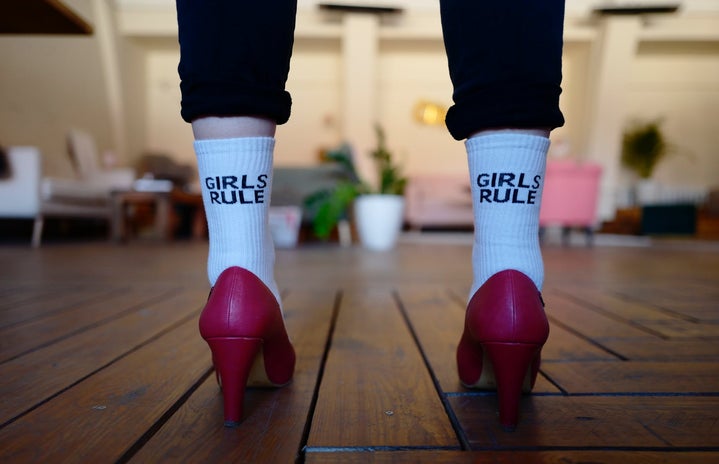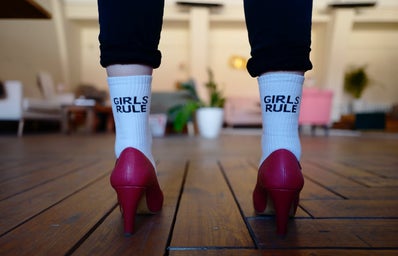I truly don’t think I could count on both hands the amount of times I’ve heard someone say that sexism doesn’t exist anymore in the United States, when in reality, that’s so far from true.
Efforts to pursue gender equality in the U.S. have been in circuit for hundreds of years at this point – and women have made incredible strides toward equality. Each year we continue to open up the world for all different kinds of people to explore their passions regardless of their gender. But, of course, gender inequality goes much deeper than just the right to vote, or the amount of spots in Congress that are held by women.
As a white, middle-upper class girl who is receiving a higher education at a private university, I’ve never really felt like the world has been holding me back. My community back home has always made it a point to foster an environment that encourages girls and women to dream big, and I never once felt like I was losing out on opportunities just because I was a woman. As such, going into the theater for “On the Basis of Sex,” I honestly wasn’t expecting to relate to Ruth Bader Ginsburg’s story at all. But as the movie progressed, I slowly started to recognize all the nuanced details of sexism dropped in the story.
Throughout the movie, RBG deals with sexism comments and pushback from professors, students, job interviewers, and even her progressive allies. It was RBG’s struggle to find work at law firms with thick glass ceilings as her interviewers attempted to excuse away their blatant sexism that truly hit home for me. Not in the sense that I’ve ever experienced a job interview like that, but in how normalized and natural the sexism was, and how most people didn’t even realize what they were saying was sexist.

Although the messages of the story were far from subtle, that lack of subtlety made it feel all the more real to me. The little digs that many women have to deal with throughout our lives can quickly pile up, and “On the Basis of Sex” showcases how different people with different identities handle discrimination – including RBG, her husband, and her daughter, who represents a younger, newer wave of feminism and the push for justice.
I wouldn’t call “On the Basis of Sex” a groundbreaking film, as its execution left something to be desired, especially in how it handled sexist cliches. However, its portrayals of familial support, legal battles, and triumphs against discrimination are certainly inspirational. Even two weeks after watching the movie, I still feel empowered by RBG’s story and how the movie portrayed her struggles.
On the Basis of Sex is one eye-opening movie that serves as an important reminder of not just the sexism that has existed, but the sexism that continues to exist today. Stories like RBG’s are incredibly important, empowering and still relevant in today’s American society. I hope that as more movies tackle these kinds of issues, more stories of all different kinds of women can be told and more people today can find that same sense of empowerment in them that I did in “On the Basis of Sex.”


